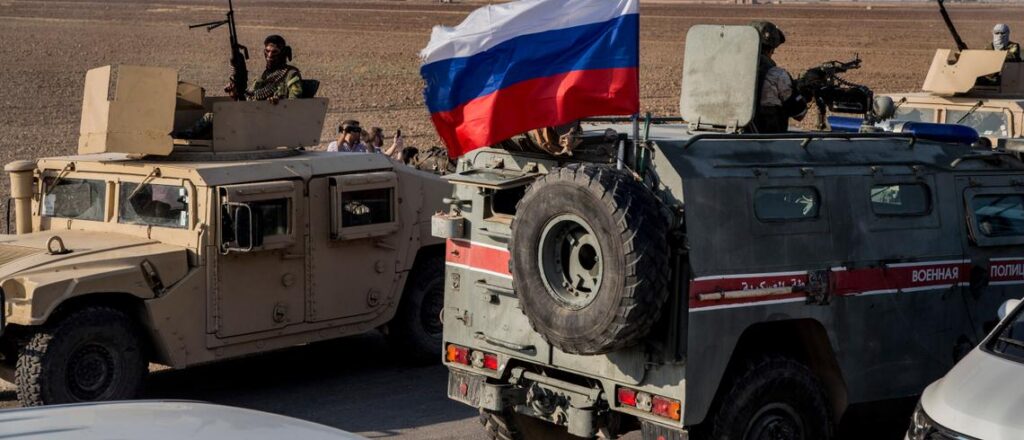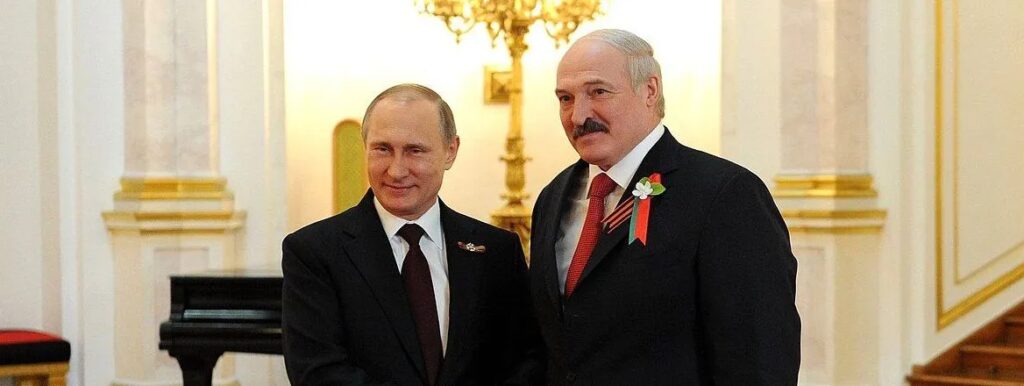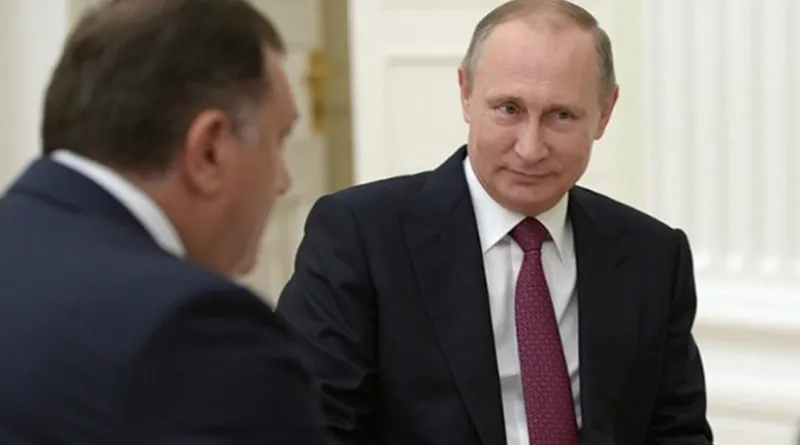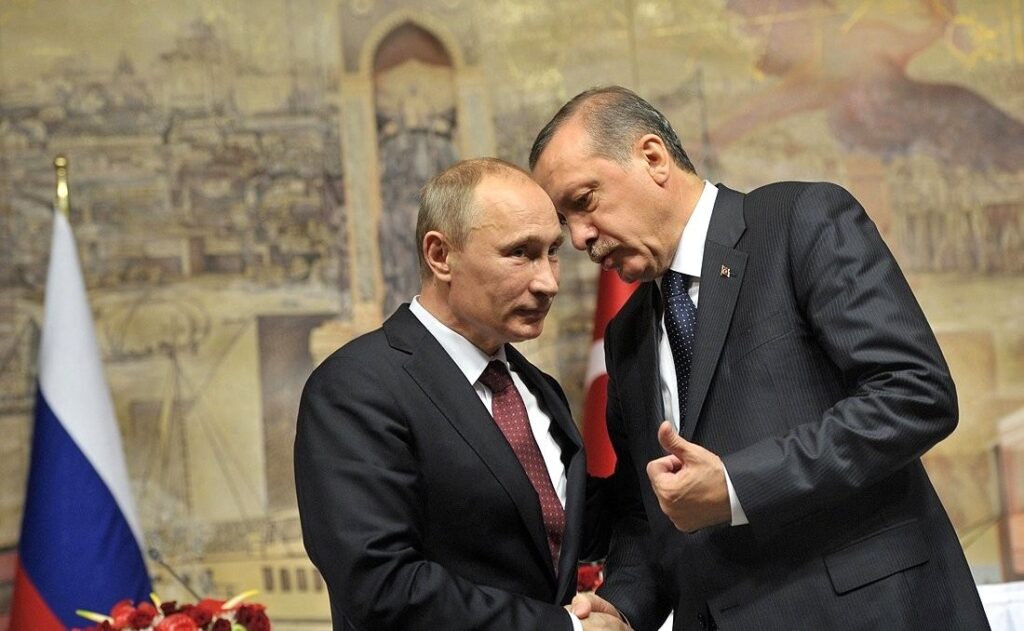The deal between the Syrian regime and the YPG is coming apart at the seams

The Syrian regime and Russia were under the impression that the YPG is on the ropes, but that turned out to be a strategic miscalculation as the YPG is still unwilling to make major concessions. This means the YPG-Syrian regime deal is falling apart.
When the US pulled out of Syria without adequately coordinating with its NATO ally Turkey, people in the Kremlin may have been filled with joy and euphoria. The short-sighed policies of CENTCOM officials in Syria have not only caused a major dispute within NATO but also resulted in the pullout of the Americans from the country.






